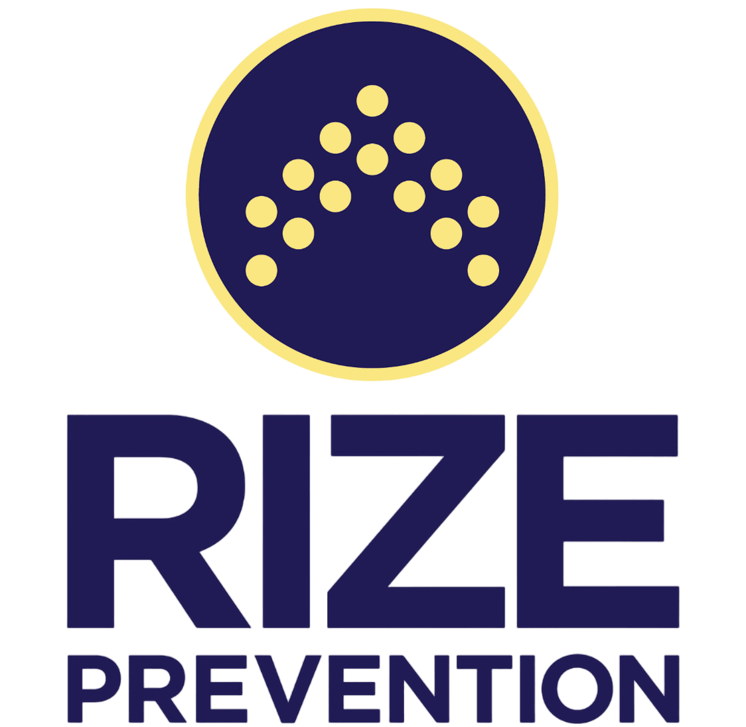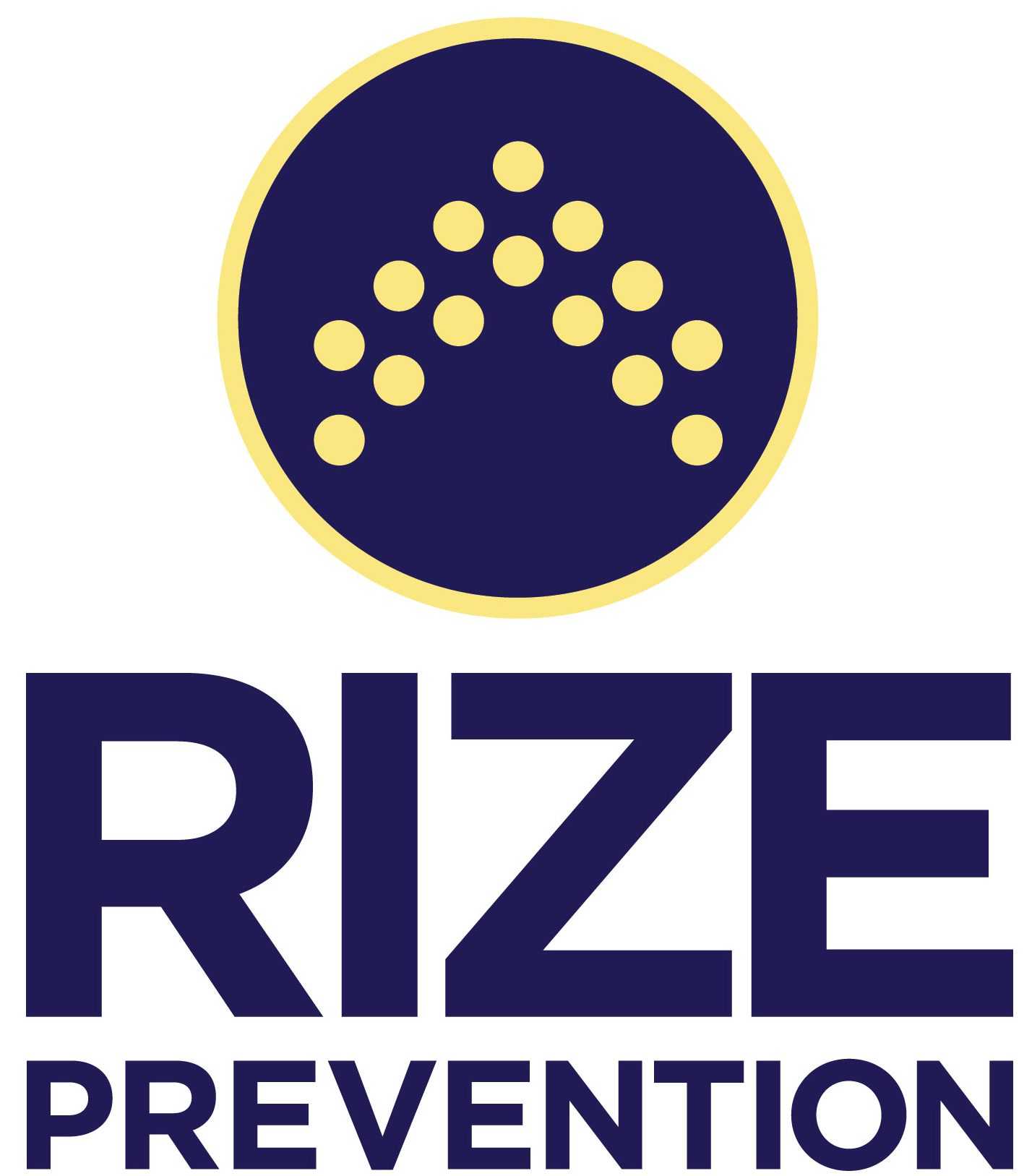A recent study published in Pediatrics sheds light on a persistent and evolving danger to young children — nicotine ingestion. Between 2010 and 2023, U.S. poison control centers recorded 134,663 cases involving children under six.
Who’s Most at Risk?
The data reveals that the vast majority of these cases involved the youngest children:
- 76.2% were under two years old
- 55.5% were boys
- 98.5% occurred at home
Trends Over Time
Overall, nicotine ingestion rates rose by 59.4% from 2010 to 2015 before dropping 34.1% through 2023. However, the types of nicotine products involved have shifted dramatically:
- Liquid nicotine (often used in e-cigarettes) saw a 450% spike from 2010–2015, followed by a 45.2% declinethrough 2023.
- Nicotine pouches emerged as a major concern, with ingestion rates skyrocketing 763.1% from 2020–2023.
Medical Outcomes
While 36.8% of ingestions caused no medical effects, others led to concerning outcomes:
- 19.6% resulted in minor effects
- 1.2% led to moderate effects
- 39 cases had major medical outcomes
- Two fatalities were reported
Treatment data showed that 81.3% of children did not receive care at a healthcare facility, while 15.9% were treated and released. A small percentage (0.5%) required medical admission.
Why Nicotine Pouches Pose a Greater Threat
The study found that nicotine pouches are more likely than other products to cause severe outcomes:
- 1.5× higher odds of serious medical effects
- 2× higher odds of hospital admission
Bright packaging, candy-like flavors, and ease of access make these products particularly appealing — and dangerous — to young children.
Public Health Implications
Researchers emphasize that nicotine ingestion remains a serious hazard. The surge in nicotine pouch exposures calls for increased surveillance, preventive measures, and potential regulation of packaging and marketing to protect children.
https://publications.aap.org/pediatrics/article/156/2/e2024070522/202640/Nicotine-Ingestions-Am

